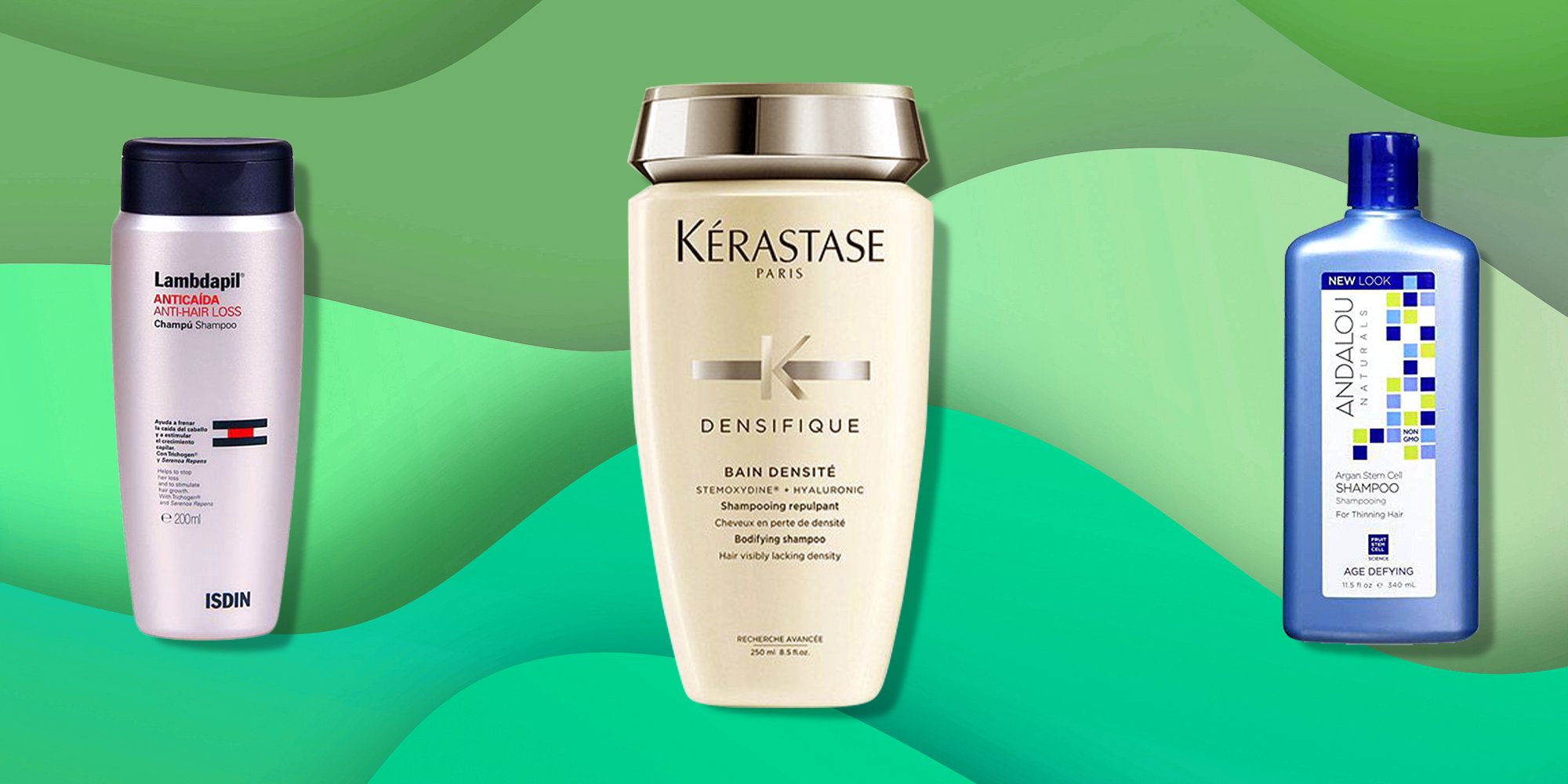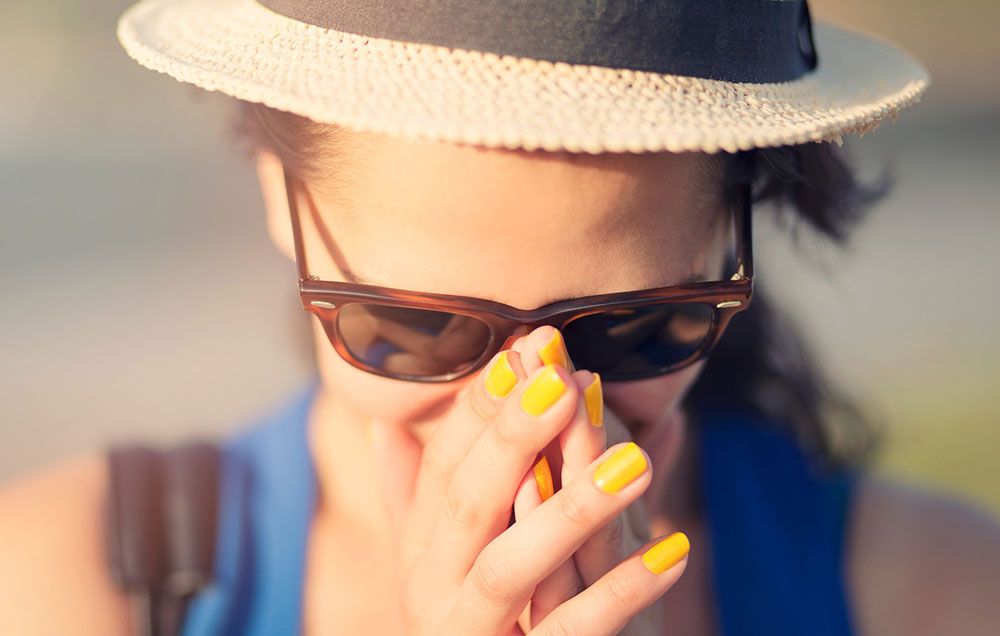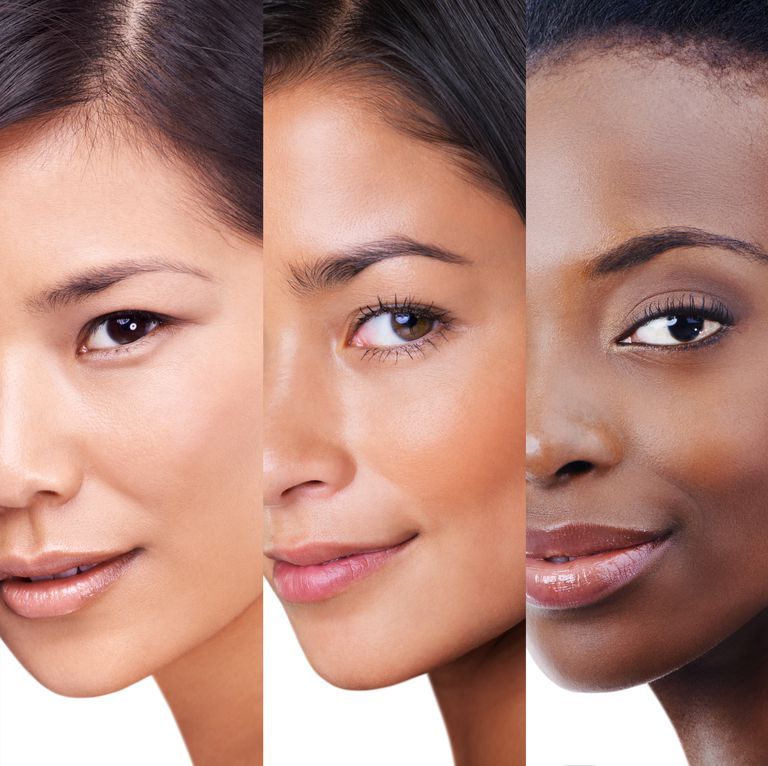If you’ve been hanging out in your drugstore’s vitamin aisle lately, you’ve probably bumped into the newest cool kid on the block: biotin. Sellers of this beauty supplement make some pretty big promises. People claim it can give you hard-ass nails, hair that’s sleek AF, and flawless skin that could only otherwise be achieved by a Snap filter.
It’s cheap and easy to access over the counter (plus celebs like Kylie Jenner post #ads for biotin for hair on IG), so it comes as no surprise that women are popping biotin in droves.
But is this supplement really the godsend it claims to be? And are there any biotin side effects of biotin you should know about? Your guide, ahead.
What is biotin, anyway?
Biotin (a.k.a. vitamin B7 or H) is a B-complex vitamin that’s found in many foods, including eggs, milk, nuts, and grains, says Shaemah Khan, DO, diplomate of the American Osteopathic Board of Family Physicians and clinical associate of family medicine at University of Chicago Medicine. “One of the effects of biotin is that it helps turn the carbohydrates, fats, and proteins in the food you eat into the energy you need.”

Because it’s water-soluble (meaning it dissolves in water), excess biotin isn’t stored in your body; it actually just flushes right out of you when you pee. But if you follow a healthy, balanced diet, it’s likely you already get all the biotin you could possibly need, anyway. (More on recommended biotin levels later.)
But do you really need a ton of biotin to, ya know, live well? “Biotin deficiency is extremely rare because our bodies require only a very small amount, which is easily achieved if you’re eating a relatively normal American diet,” says Kimbre Zahn, MD, family medicine physician at Indiana University Health. “Additionally, our gut bacteria create biotin that gets absorbed systemically, [or throughout the body].”
Aside from being touted as a magic remedy for thinning hair, brittle nails, and dry, itchy skin, biotin supplements can sometimes be prescribed by doctors for other reasons too, like easing disabilities brought on by multiple sclerosis, alleviating diabetes and diabetes-related nerve damage, or encouraging baby growth and development during pregnancy, according to the National Library of Medicine.
Tell me: Does biotin work for hair growth?
Don’t get toooo excited. A few studies point to biotin as an effective supplement for hair growth, but the cold, hard truth is that there isn’t much scientific proof to show just how effective it really is at treating any of these health conditions—or whether there are long-term benefits to the dietary supplement.
“While there are some preliminary studies that may suggest a benefit [to taking biotin supplements], overall there is a lack of evidence to support these claims,” says Dr. Zahn.
Does biotin have side effects?
Truth is, you’re most likely never going to hear about someone ODing on biotin. It almost never happens. “Side effects from having a high dose or overdose of biotin are rare,” says Dr. Khan. “Because it is so easily excreted in urine and feces, the body can simply get rid of any excess.”

However, hair, skin, and nails supplements do come with one warning: Even in small amounts of biotin, one of the side effects of biotin is that it can sometimes totally screw with your lab test results. This is especially true if you’re testing for issues with your thyroid or hormone levels, cardiac troponin levels (used to diagnose heart attacks), or vitamin D levels. This could lead to bogus results and misdiagnosis, which could potentially be dangerous or lead you to worry or spend money on medical procedures or meds unnecessarily.
“The U.S. Food & Drug Administration (FDA) further warns that the biotin effect on the monitoring of cardiac troponin has resulted in at least one death due to a falsely reported low results,” says Michelle Galant, MD, dermatologist at Stanford Health Care.
If you do take biotin, keep this in mind the next time your doc orders a routine lab test. “It’s best to disclose to your doctor and dietitian which supplements you are taking to avoid misdiagnosing a medical condition,” says Sandra Arévalo, RDN, spokesperson for the Academy of Nutrition and Dietetics and the American Association for Diabetes Educators, and director of nutrition services outreach for the community pediatrics programs at Montefiore Hospital.
There’s no hard evidence that says exactly how long biotin stays in your system after you take it, so your doctor might recommend you stop taking the supplement a few days before you head to the lab.
Another potential biotin side effect? While it’s supposed to strengthen hair, skin and nails, it could cause a skin rash if you’re taking large amounts of biotin. See your doctor if you develop a rash after taking biotin or increasing your dose. It should resolve itself if you lower the amount of biotin you’re taking or stop taking the supplement altogether.
Should I even bother taking biotin?
Honestly, probs not. Thanks to its lack of scientific backup and its reputation as a lab test saboteur, biotin isn’t generally recommended by most doctors. But if you still want to take it anyway, just make sure you’re buying a reputable brand (look for the “USP verified” on the label), and are aware of the side effects.

In terms of how much biotin you need, the recommended “adequate intake” (AI) level for biotin is up to 30 micrograms (mcg) for women 19 years old and up, says Arévalo. “Pregnant women should consume 30 mcg; 35 if nursing,” Arévalo adds.
But remember: If you are eating a healthy diet that includes meats, seeds, nuts, and vegetables, you are most likely reaching this intake already, and the biotin side effects might not be worth it. “If you are skipping certain foods or food groups, it will be good to talk to a registered dietitian to help you find which nutrients you might be deficient in, and whether you need to supplement or just eat more of other foods,” says Arévalo.
Source: Read Full Article
